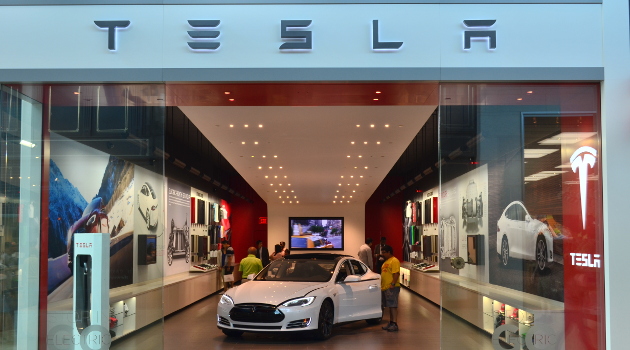This article originally appeared on The Daily Caller on August 4, 2016.
It was announced this week that one of Elon Musk’s companies, Tesla Motors, will buy one of his other companies, SolarCity, for an all-stock deal worth $2.6 billion. The merger was first proposed in June, and now that it has been accepted, is subject to SEC review and majority approval from the independent shareholders of both companies. With the amount of taxpayer support both companies have received, perhaps the rest of us should get a vote, too.
The deal comes as SolarCity has floundered despite significant taxpayer support through a bevy of state and federal tax credits and subsidies. Nevertheless, the solar energy company’s stock has been in long term decline as the company struggles to develop a profitable market not reliant on generous helpings of taxpayer support.
Tesla, too, has fed repeatedly at the government trough. The government provided federal loan guarantees and tax credits to help manufacture its electric vehicles. It also subsidized the purchase of those same vehicles to increase sales. Even still, the company makes more money selling “carbon credits” to other manufacturers than it does electric vehicles. Maybe that’s because most of the taxpayers forced to subsidize Tesla’s cars couldn’t afford one of their own.
Musk’s other endeavor, SpaceX, also relies heavily on government. Obviously much of its business comes from government contracts, but more interesting is how those contracts are apparently obtained. For instance, this year’s National Defense Authorization Act contains an amendment from Senator John McCain designed to eliminate from competition the Defense Department’s current supplier of rockets and pave the way for SpaceX to take over, despite the fact that its rockets aren’t yet powerful enough for the job.
It’s not the first time the company has been implicated in contractual shenanigans. SpaceX deftly used a failed launch to extend its current contact with NASA. After one of its Falcon 9 rockets failed last year and destroyed a Dragon spacecraft bound for the International Space Station, SpaceX agreed to lower the price for later missions as compensation. This might seem fair, but the the missions in question were not part of the initial contract. They were tacked on as additional missions, and thus circumvented the normal bidding process. From the outside, it looks an awful lot like a contractor who failed was rewarded instead of punished.
SpaceX has even been supported by the controversial Export-Import bank. Even though the company employs 4,000 people, Ex-Im’s Chairman justified the handouts by claiming that SpaceX is a “small business.” Moves like this help explain why Ex-Im has come under heavy political scrutiny and is widely seen as a tool for the government to pick winners and losers.
If there’s one clear lesson to take from this year’s crazy election season, it is that voters are fed up with the status quo. They see a system where billionaires and those with political connections are given every advantage, while average Americans face excessive government burdens and unnecessary obstacles. So while Elon Musk buys one of his companies from himself, we should remember that he does so thanks to the generous support of a captive public.

